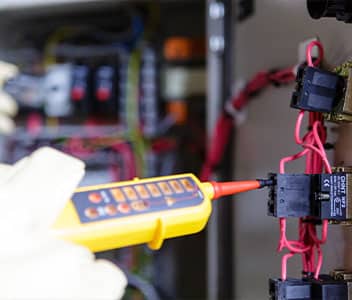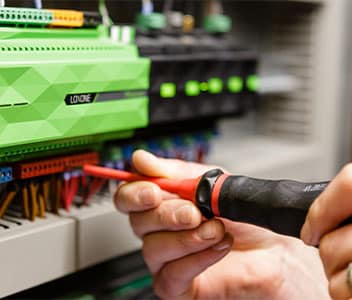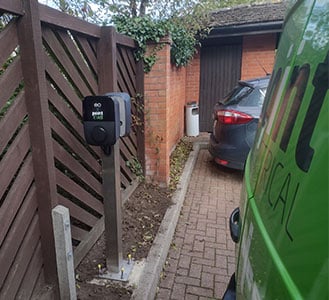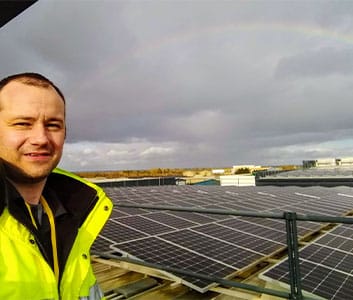The Future of Electric Vehicles
There is no doubt that electric vehicles (EVs) are becoming more popular, as the technology improves and range anxiety – the fear that a driver has of running out of charge before reaching their destination – is slowly being alleviated.
In the UK, sales of EVs have increased rapidly in recent years, with over 50% more pure electric cars sold in 2019 than in 2018.
But what does the future hold for EVs? Will they eventually replace petrol and diesel cars completely? Or are there still some obstacles to overcome?
In this blog post, we’ll take a look at the future of EVs in the UK, exploring some of the key factors that will impact their growth.
1. The UK government’s plans for EVs
The UK government has ambitious plans for the uptake of electric vehicles, with a target of all new cars and vans being zero emission by 2030.
To help achieve this, a number of measures have been put in place, including:
- A Plug-in Car Grant, which offers up to £3,500 towards the cost of a new electric car
- A commitment to install thousands of new public charge points across the country
- Funding for research and development into battery technology
2. The challenges facing EVs
Despite the government’s support, there are still some challenges facing EVs in the UK. These include range anxiety: as mentioned above, this is still a major concern for many drivers considering making the switch to an electric car.
While battery technology is improving all the time, EVs still have shorter ranges than petrol or diesel cars, meaning that long journeys can be more difficult.
High upfront costs: although running costs are cheaper for EVs, the initial purchase price can be high, particularly for newer models with longer ranges.
This means that many people are put off from buying an electric car, even with the government grant available.
3. The potential for EV growth in the UK
Despite the challenges, there is still huge potential for growth in the electric vehicle market inthe UK. This is particularly true if the government meets its target of all new cars and vans being zero emission by 2030.
A recent study found that, by 2030, electric vehicles could make up around a third of new car sales in the UK. This would represent a significant increase from the current level of around 2%.
If this growth is achieved, it would have a major impact on air quality and emissions, helping to improve public health and tackle climate change. So, while there are still some obstacles to overcome, the future looks bright for electric vehicles in the UK.
Is now a good time to install an EV Charger?
Investing in an electric vehicle charger in 2024 can be a great decision for many reasons. It can save you money in the long run, provide you with convenience, future-proof your home or business, and contribute to a cleaner environment.
It’s important to consider your personal situation and needs when deciding whether to invest in an EV charger, but the benefits are certainly worth considering.
Why Choose Point Electrical?
A trusted, OZEV approved commercial EV charger installers serving areas across the whole of Hertfordshire and North London.We specialise in all aspects of electric vehicle charge point design and install, providing bespoke solutions to businesses looking to make the switch to all electric.
Whether you are looking for a car charger for your home or a number of charge points for your workplace we can guide you through the process of choosing the right charger for your requirements.
Contact Us Today
Choose Point Electrical for supply and installation. We employ trusted engineers who are experienced in facilitating the installation of EV chargers for business premises across Hertfordshire and North London.
Contact the team at Point Electrical to disucss your options for installing an EV Charger.














